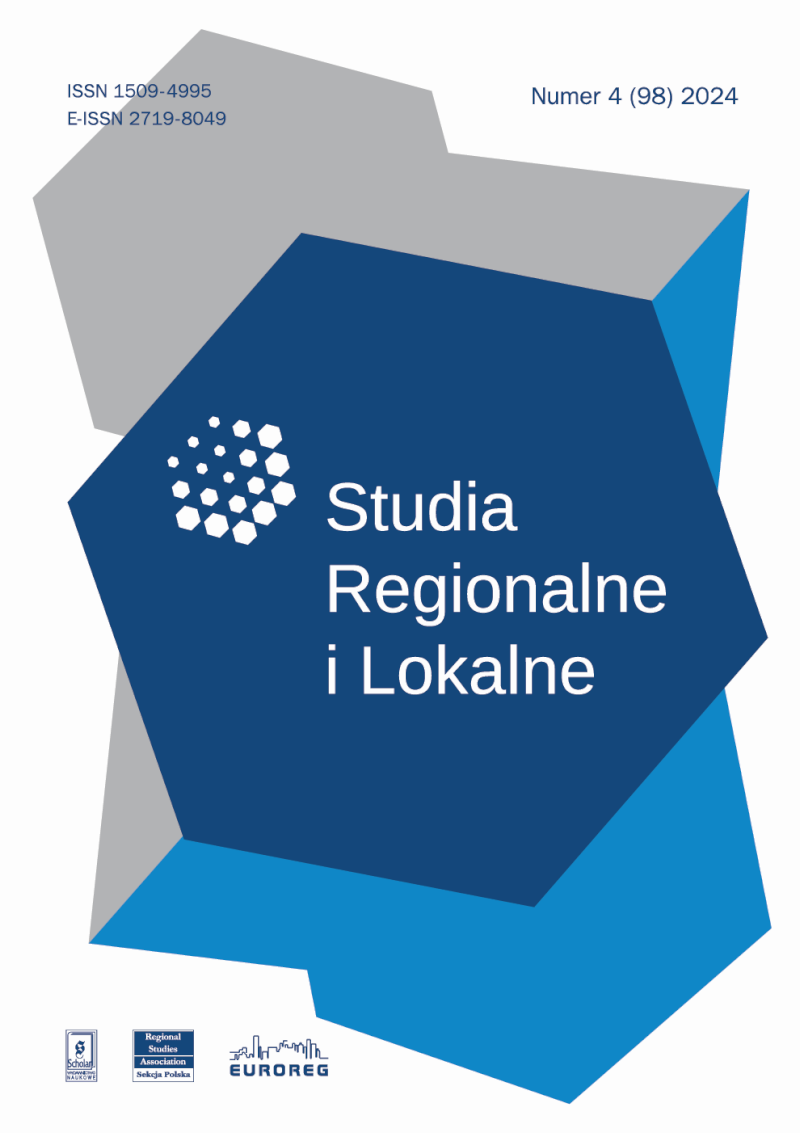Issue:
4(98)2024
Weronika Skorupska
Food Cooperatives in Poland as an Example of Alternative Cooperative and Non-formal Activity at the Local Level in Poland
DOI: 10.7366/1509499549805
Kooperatywy spożywcze w Polsce jako przykład alternatywnej spółdzielczości i pozaformalnej aktywności na poziomie lokalnym w Polsce
Artykuł przedstawia zjawisko współczesnych kooperatyw spożywczych w Polsce, które czerpią inspiracje z organizacji spółdzielczych. Kooperatywy zbadano w kontekście ich wartości spółdzielczych, celów i motywacji oraz stosunku do formalizacji jako spółdzielnie. Główną część pracy stanowią wyniki badania empirycznego, przeprowadzonego metodą CATI, którym objęto 25 kooperatyw spożywczych, działających w Polsce. Wstępna analiza ukazała, że są to inicjatywy nastawione na: wspólne pozyskiwanie trudno dostępnych produktów spożywczych, samopomoc lub pomoc innym ludziom poszukującym zdrowej żywności, chęć przeciwstawienia się współczesnemu konsumpcjonizmowi oraz kapitalizmowi, dbałość o środowisko naturalne. Kluczowa jest też dla nich działalność na poziomie lokalnym.
Food Cooperatives in Poland as an Example of Alternative Cooperative and Non-formal Activity at the Local Level in Poland
The article presents the phenomenon of contemporary food cooperatives in Poland, which draw inspiration from cooperative movement. The cooperatives were examined in the context of cooperative principles and values, goals and motivations as well as their attitude to formalisation as cooperatives. A key part of the paper is the results of an empirical survey, conducted using the CATI method. The survey covered 25 food cooperatives in Poland. Preliminary analysis showed that they are initiatives focused on: joint sourcing of hard-to-find food products, self-help or assistance to other people looking for healthy food, a desire to oppose modern consumerism and capitalism, care for the environment, and local activity is also key for them.
Affiliation:
Weronika Skorupska: Uniwersytet Warszawski, Szkoła Doktorska Nauk Społecznych, ul. Krakowskie Przedmieście 26/28, 00-927 Warszawa, Polska; ORCID: 0000-0002-5631-9251;
w.skorupska5@uw.edu.pl 


